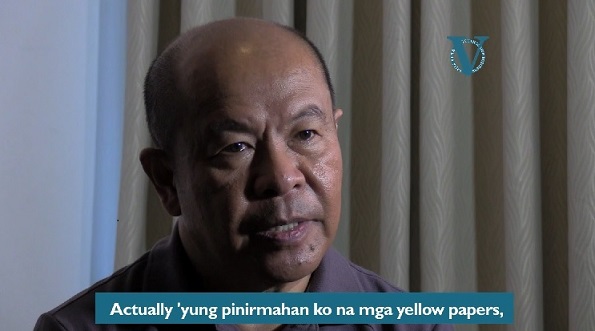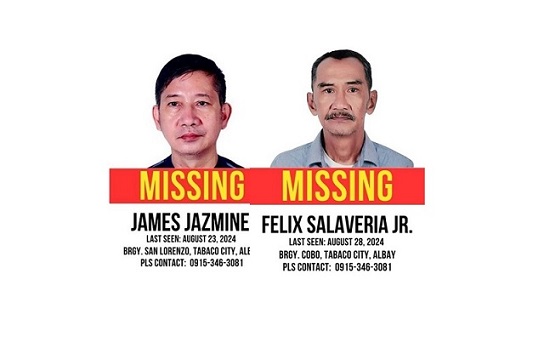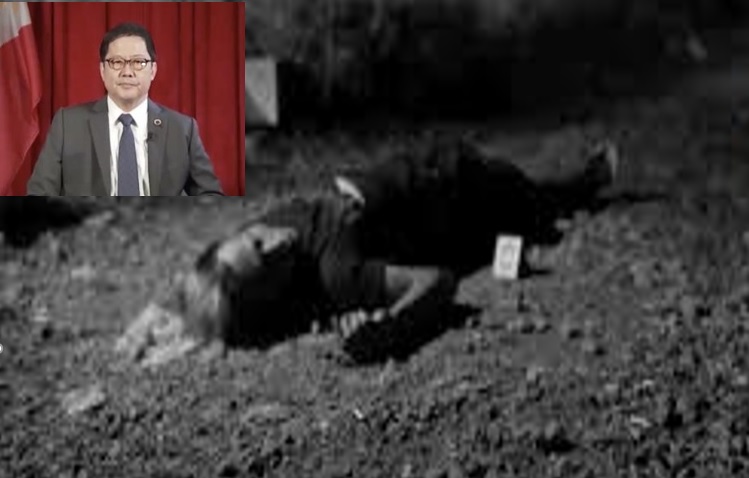
The House Quad Committee (Quadcom), which has uncovered gruesome information, in its investigation of extrajudicial killings (EJKs), is now into tracing the money trail that financed former president Rodrigo Duterte’s brutal war on drugs.
Quadcom co-chairs Reps. Bienvenido “Benny” Abante Jr. and Dan Fernandez said that the mega-panel composed of the Committees on Dangerous Drugs, Public Order and Safety, Human Rights, and Public Accounts, will seek the assistance of the Anti-Money Laundering Council (AMLC) in tracing the illicit transactions.
Former Philippine Charity Sweepstakes Office General Manager Royina Garma, who also played a major role in Duterte’s bloody program, had given information on the rewards system which was patterned to Davao drug war template that she helped implement when she was a Station Commander in one of the police stations in Davao.
It would also be helpful for the Quadcom to retrieve the interviews given by self-confessed Duterte Death Squad leader Arturo Lascañas and member Edgar Matobato.
Lascañas and Matobato’s affidavits on their role in Duterte’s drug war have already been submitted to the International Criminal Court currently investigating the former president’s crimes against humanity.
In VERA Files interview with Lascañas in April 2017, he said he was collecting P68,000 every month from the Davao City government as DDS member.
Needless to say, there is no such item as DDS in the city government’s payroll. They were “ghost” employees.
What they did was come up with 10 to 12 names that were listed as employees with salaries ranging from P5,000 to P7,000 a month.
Lascañas said only two or three names on the list were real people. “The rest is imbento na lang namin na pangalan (We invented the names of the rest). They got some of the names from the telephone directory yellow pages.
Matobato, a former member of the Citizen Armed Forces Geographical Unit in Davao said that he was on the city’s payroll as a member of the Civil Security Unit but only worked to kill individuals who he was told were “criminals.”
Aside from what he got as “ghost employee,” Lascañas said, he also received P50,000 every month from Duterte through Sonny Buenaventura, bringing his collection to P118,000. This was over and above his P38,000 monthly salary as an SPO3, he said.
The ghost employees practice was a regular feature during both father and daughter terms as Davao city mayor. Rodrigo Duterte terms covered from 2001 to 2010, then 2013 to 2016. Sara’s years were 2010 to 2013, and 2016 to 2022.
Flagged by COA
VERA Files had reported that the Commission on Audit (COA) has noticed the unusually large number of contractual workers of the Davao City government.
The COA had discovered that the salaries of some contractual or job-order employees in Davao City were being received by persons “other than those authorized payees” because the signatures in the receipts were different from those in the payroll.
This is the reason why Duterte hates COA. He lambasted COA in several of his speeches when he was president calling it “pure bullshit.”
The hiring of ghost employees was one of the charges in the impeachment complaint filed against the President by Magdalo Partylist Rep. Gary Alejano on March 16,2017 which did not prosper in the Duterte-controlled House of Representatives.
The failure of the impeachment complaint was cited by Alejano and former Sen. Antonio Trillanes IV as reason why they had to go to the ICC(they were the first to do so) to make Duterte accountable for his crimes against humanity.
The audit report also formed the basis for the plunder case Sen. Antonio Trillanes IV filed against Duterte on May 5, 2016. It is still there doing a Mona Lisa (They just lie there, and they die there) under a Duterte-appointed Ombudsman.
This column was also carried by VERA Files and Canadian-Filipino.net


